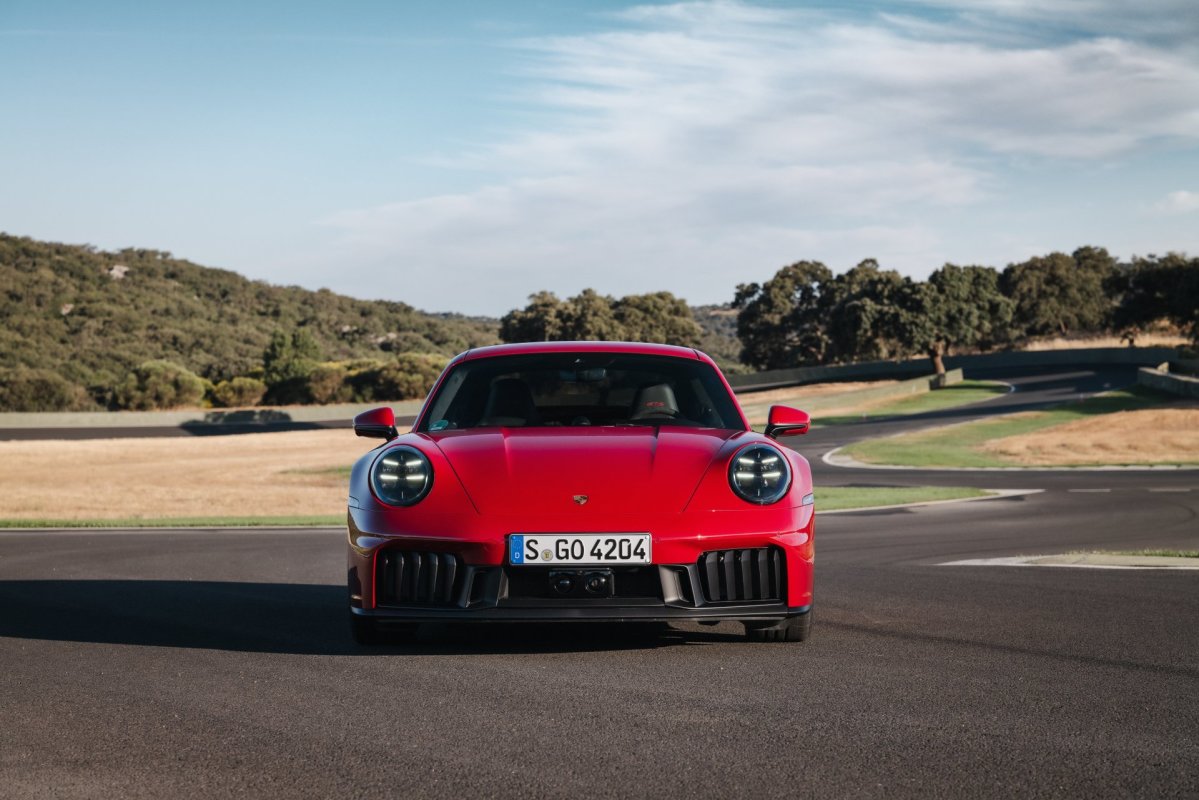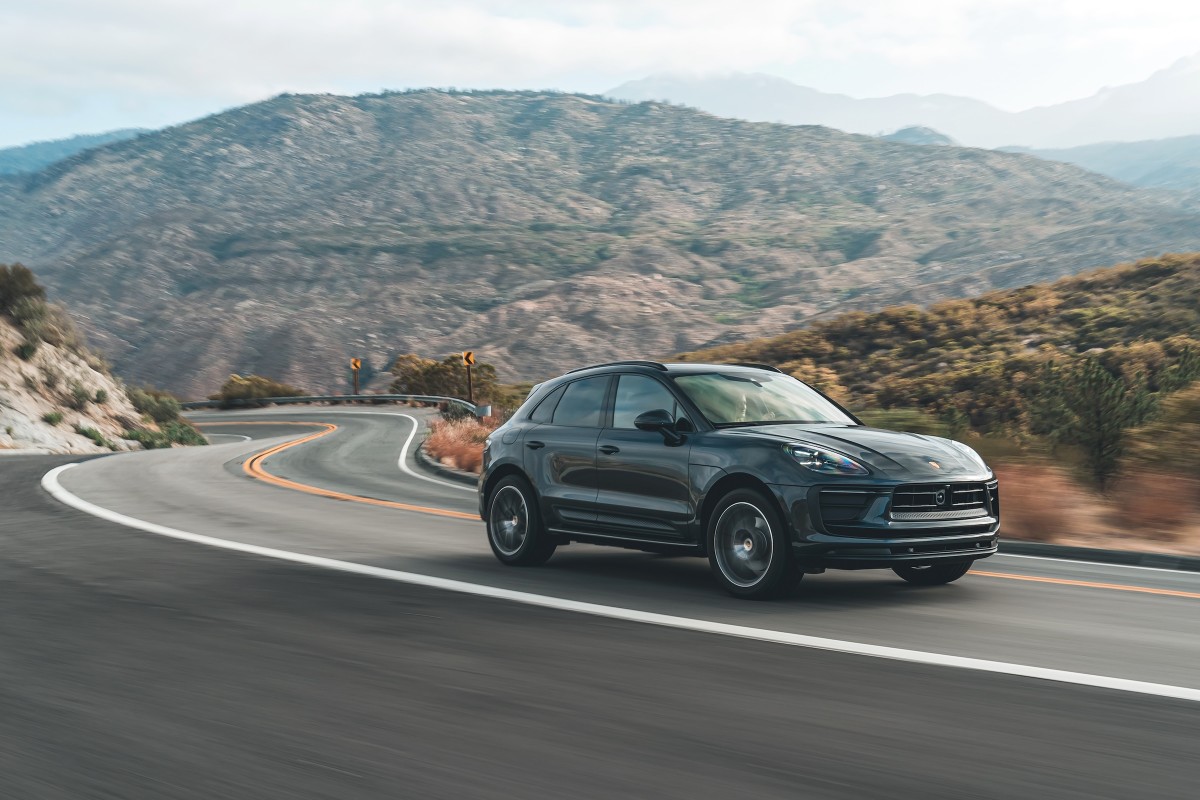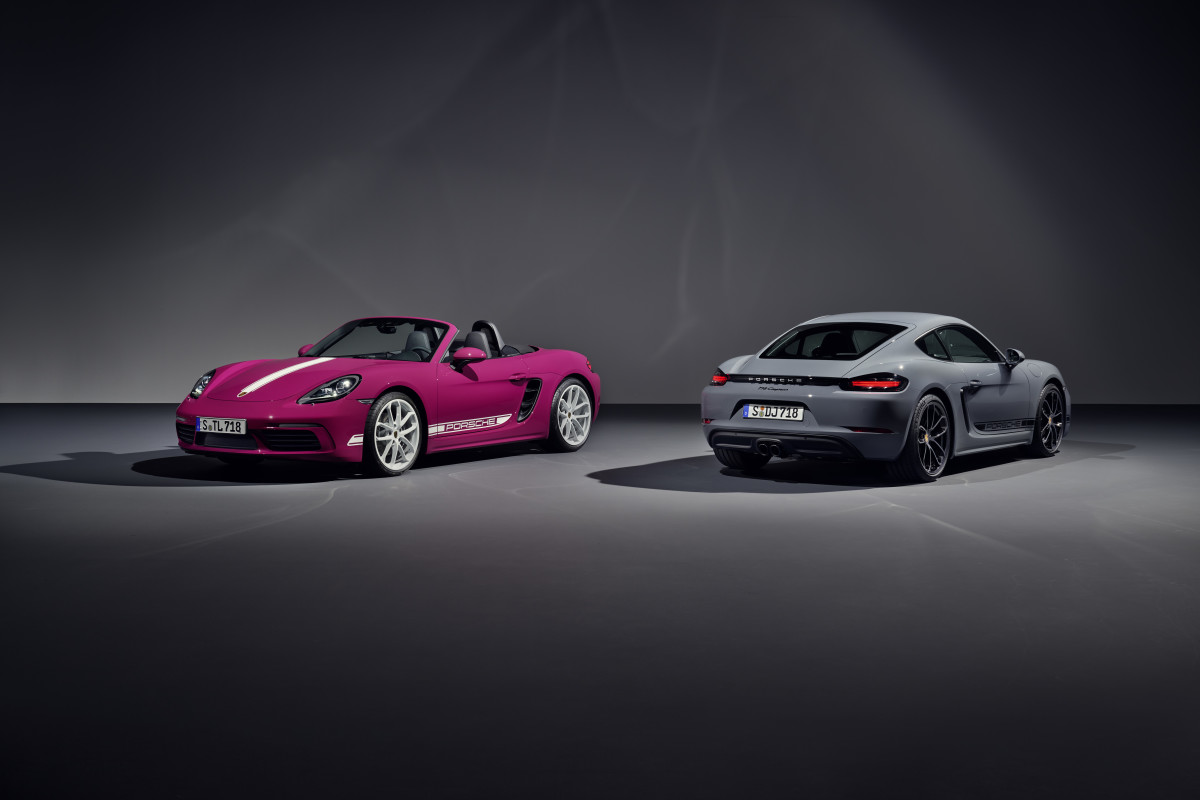Tariffs and EV slowdown drag down profit forecast
Porsche is bracing for one of its most difficult years in recent memory. The German sports car maker warned it now expects profit margins to dip into the single digits — between 6.5% and 8% — a significant drop from its earlier forecast of at least 10%. The company cited multiple headwinds, including sluggish electric vehicle sales, a sharp decline in China demand, and the mounting cost of U.S. tariffs.
Porsche, which imports all its vehicles into the U.S. from Europe, is especially vulnerable to the tariff regime introduced under President Donald Trump. Despite surging U.S. demand for its Macan and Cayenne SUVs, the company has no plans to localize production, arguing that it would be more costly than absorbing the tariffs. Citi analysts estimate those duties could cost Porsche up to $2.3 billion annually if no price increases are implemented.
EV demand fizzles, forcing strategy shift
A broader slowdown in global EV adoption is also hitting Porsche hard. The company had been investing heavily in electric mobility, but it’s now pulling back. On Monday, Porsche said it will no longer independently expand high-performance battery production through its Cellforce subsidiary, a move that adds roughly $1.5 billion in one-off costs this year.

Porsche
“We have to face the reality that we see from the markets, namely a complete slowdown when it comes to electric mobility,” CFO Jochen Breckner said during a call with reporters.
To compensate, Porsche is pivoting toward expanding its offerings of combustion-engine and plug-in hybrid vehicles, despite previously ambitious EV targets. That shift will cost the company an additional $900 million in 2025.
China sales collapse adds pressure
The picture is equally grim in China. Once Porsche’s second-largest market, the country saw a stunning 42% drop in Porsche deliveries in the first quarter — the brand’s worst performance there since 2013. The company now expects total China deliveries to fall 30% this year to around 40,000 units.

Porsche
The culprit? Fierce competition from domestic automakers like BYD and a sluggish Chinese economy. Porsche has responded by reshuffling key executives and initiating job cuts in Germany to trim costs.
Final thoughts
First-quarter earnings reflect the pressure that automakers are facing in China and in the EV segment. Porsche’s operating profit dropped 40% year-over-year to $860 million, and it recorded its first-ever single-digit quarterly return on sales at 8.6%. The company also lowered its full-year revenue guidance to as low as $42 billion, down from previous expectations of $44 billion to $45 billion.

Porsche
While external factors are partly to blame, analysts say Porsche needs to regain control of its narrative. “It has work to do to exhibit greater control of its problems,” wrote Citi’s Harald Hendrikse. For a brand known for precision and performance, 2025 is shaping up to be a bumpy ride.